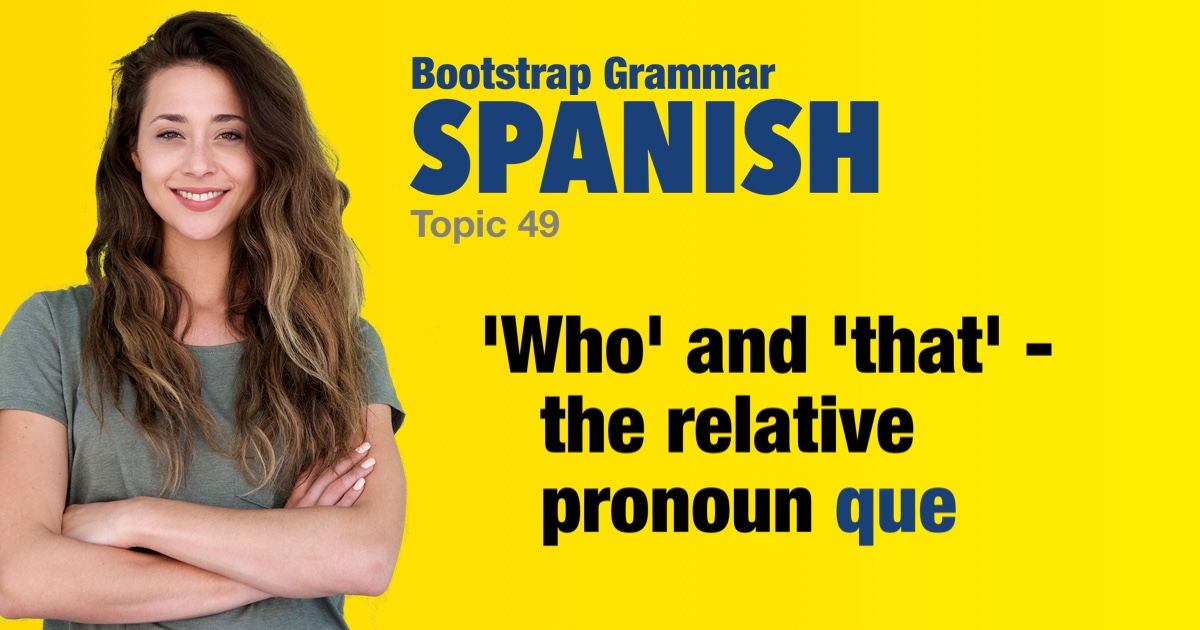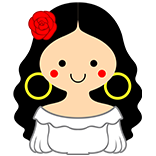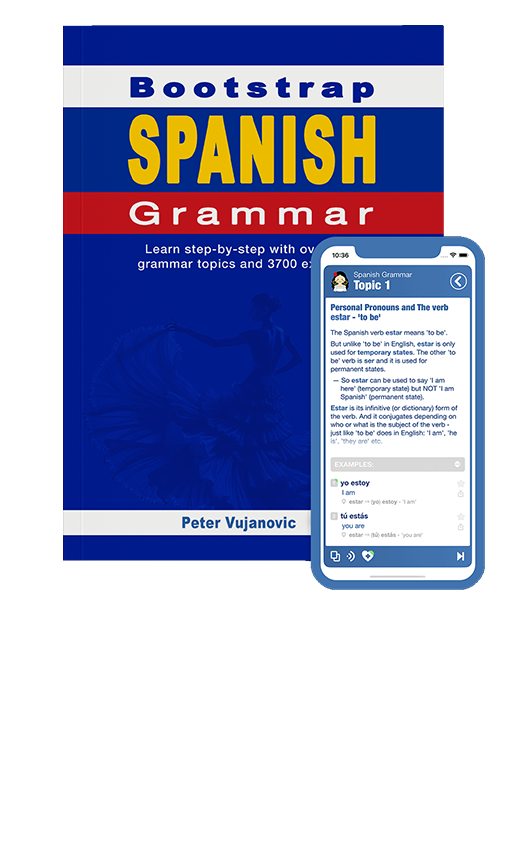Spanish grammar - 'Who' and 'that' - the relative pronoun que |
|||
|
|||
The relative pronoun que is used to introduce relative clauses and can refer to both people and things. English uses 'that', 'who' and 'whom' for this. In Spanish que serves as both the subject and object relative pronoun. That means that que can refer to either the subject or the object of the verb in the sentence. In this topic the examples illustrate the use of que as a subject relative pronoun. |
| Examples: | |
|
Quiero las manzanas que son caras.
(I) want the apples that are expensive.
|
|
|
El museo que es famoso no está abierto.
The museum that is famous is not open.
|
|
|
El hombre que está en la esquina, él es mi tío.
The man who is in the corner, he is my uncle.
|
|
|
Esos son los trenes que son muy rápidos.
Those are the trains that are really fast.
|
|
|
Este es el tren rápido que va directamente a Valencia.
This one (here) is the fast train that goes directly to Valencia.
|
|
|
El perro que está allá está perdido.
The dog that is over there is lost.
|
|
|
Estas son las personas que quieren café.
These are the people who want coffee.
|
|
|
Esa es la señora que tiene cinco hijos.
That is the lady who has five sons.
|
|
|
¿Hay un autobús que va al centro de la ciudad?
Is there a bus that goes to the center of the city?
|
|
|
Sí, hay varios autobuses que van al centro.
Yes, there are several buses that go downtown.
|
|
|
La manzana que es verde está en la mesa.
The apple that is green is on the table.
|
|
|
El coche que Juan tiene es nuevo.
The car that Juan has is new.
|
|
|
Las personas que quieren café están aquí.
The people who want coffee are here.
|
|
|
La casa que está en la esquina es grande.
The house that is on the corner is big.
|
|
|
El perro que viene aquí es de mi vecino.
The dog that comes here is my neighbor's.
|
|
|
El profesor que enseña historia es amable.
The teacher who teaches history is kind.
|
|
|
La comida que ella hace es deliciosa.
The food that she makes is delicious.
|
|
|
Las clases que tomamos son difíciles.
The classes that we take are difficult.
|
|
 |
|


 Subject Relative Pronoun:
Subject Relative Pronoun: 
